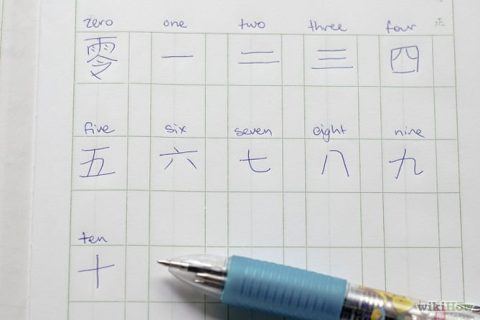Chinese Lesson – Count from 0 to 10
23/06/2014
When we study a new language or travel to a foreign country, one of the first few things …
Lucky and Unlucky Numbers in China
08/11/2012
Have you ever wondered why they chose and fought hard to be the host of the Olympic 2008? …




